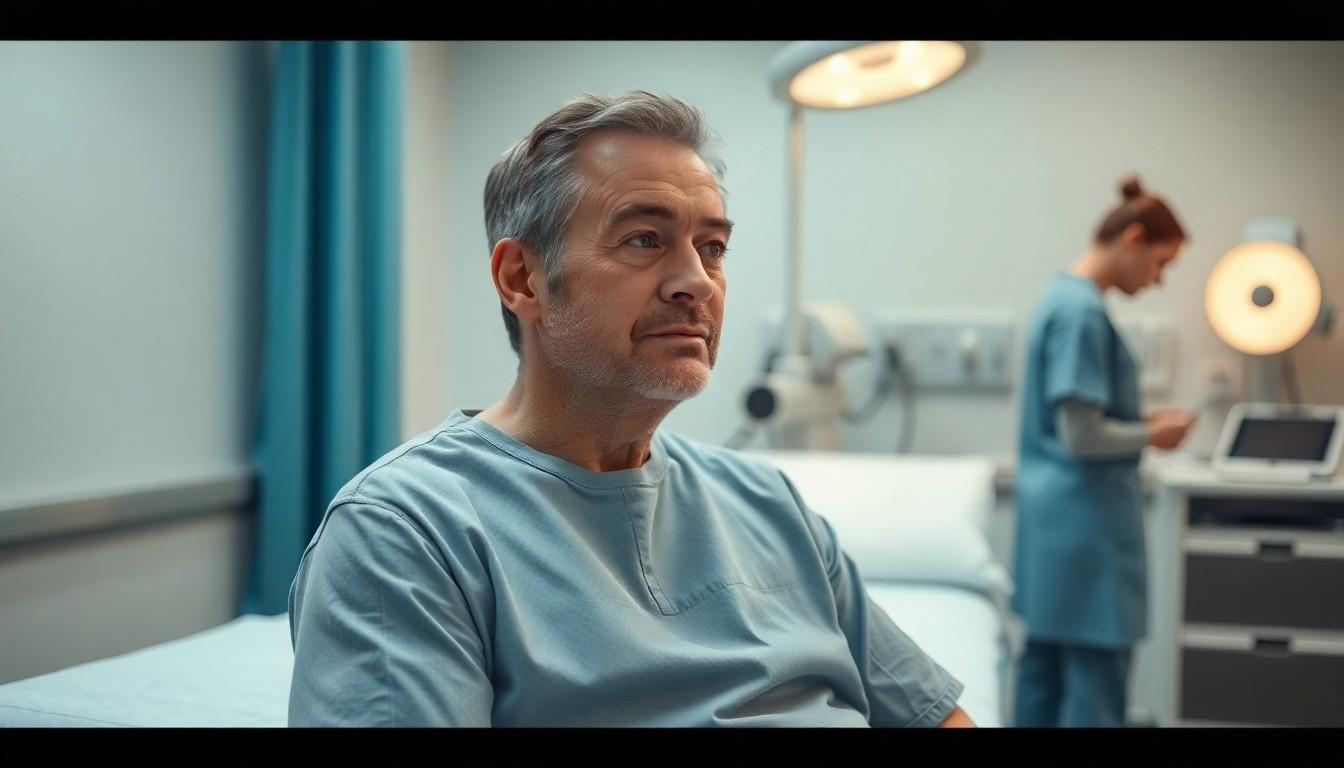When it comes to health care, few topics spark as much debate as colonoscopies. Some folks cringe at the thought, while others see it as a rite of passage. But is this uncomfortable procedure really a form of preventive care? Spoiler alert: it absolutely is!
Think of a colonoscopy as your personal health superhero, swooping in to save the day before problems arise. By detecting potential issues like polyps or early signs of colorectal cancer, it gives you the chance to tackle them head-on. So while it might not be the most glamorous topic at dinner parties, understanding its role in preventive care could be the key to a longer, healthier life. After all, who wouldn’t want to be the life of the party with a clean bill of health?
Table of Contents
ToggleUnderstanding Preventive Care
Preventive care involves services that aim to prevent illnesses or detect health issues early. Colonoscopies play a crucial role in this spectrum of care. They help identify polyps, which can develop into colorectal cancer if not addressed.
Regular screenings, like colonoscopies, typically start at age 45 for those at average risk. Medical organizations recommend them every 10 years for individuals with no findings. Such measures significantly reduce colorectal cancer mortality by detecting problems before symptoms arise.
Individuals concerned about the procedure often express discomfort. Nonetheless, understanding the benefits can lead to more positive attitudes towards getting screened. Healthcare professionals emphasize the importance of discussing personal risk factors with a doctor.
Employing colonoscopies as part of a health maintenance plan fosters better health outcomes. Early detection often results in more treatment options and higher survival rates. Statistical data shows that colorectal cancer is preventable through timely screenings, highlighting the procedure’s value in preventive care.
Patients encouraged to follow through with recommended screenings demonstrate an awareness of their health. Discussing family history and lifestyle choices can help determine appropriate screening intervals. Recognizing the advantages of preventive measures empowers individuals to take charge of their health more effectively.
What Is a Colonoscopy?

A colonoscopy is a medical procedure that examines the inner lining of the colon and rectum. This examination helps identify abnormalities like polyps or cancer early on.
The Purpose of a Colonoscopy
The primary purpose encompasses preventing colorectal cancer and detecting issues before symptoms arise. Regular screenings can significantly decrease the risk of developing advanced cancer. During the procedure, doctors use a thin, flexible tube equipped with a camera to visualize the colon’s interior. This allows the identification of polyps, which may develop into cancer if left untreated. Removing such polyps during a colonoscopy can improve overall health outcomes. Many medical guidelines recommend starting this crucial screening at age 45 for individuals at average risk.
Who Should Get a Colonoscopy?
Individuals with specific risk factors should prioritize getting a colonoscopy. Those with a family history of colorectal cancer face increased risk and should discuss earlier screening options with healthcare providers. Additionally, individuals with inflammatory bowel disease or certain genetic syndromes may require more frequent screenings. OB/GYN recommendations suggest that average-risk individuals start at age 45 and undergo the procedure every ten years if no issues arise. Consulting with healthcare professionals about personal history or symptoms can guide decisions regarding timely screenings. Recognizing the importance of these factors can lead to healthier outcomes and lower cancer rates.
Is a Colonoscopy Considered Preventive Care?
Colonoscopy serves as a key component of preventive care, effectively detecting colorectal cancer and potential abnormalities early on. Health organizations emphasize its significance, recommending individuals at average risk begin screenings at age 45.
Medical Guidelines and Recommendations
The American Cancer Society endorses colonoscopy as a primary screening tool for colorectal cancer. Experts suggest conducting this procedure every ten years for individuals without prior issues. Those with family histories or other risk factors may require earlier or more frequent screenings. Regular assessments align with current medical guidelines aimed at reducing cancer mortality rates through early detection.
Benefits of Preventive Colonoscopy
Preventive colonoscopy reduces colorectal cancer risk by identifying and removing polyps before they develop into cancer. This proactive approach leads to a higher survival rate, as early intervention often results in more effective treatment options. Individuals who undergo regular screenings experience peace of mind, knowing they are actively managing their health. Understanding these benefits fosters a positive attitude toward colonoscopy as an important preventative measure.
Risks and Considerations
Colonoscopy, like any medical procedure, carries potential risks that individuals should understand.
Potential Complications
Complications can arise during or after a colonoscopy. Though rare, these issues may include bleeding, which can occur if a polyp is removed. Infection may present a risk as well, particularly if proper hygiene isn’t maintained. Perforation of the colon, while uncommon, represents a serious complication that requires immediate medical attention. Individuals should also anticipate post-procedure discomfort, including cramping. Following recommended guidelines minimizes the likelihood of these complications; active communication with healthcare professionals contributes to a safer experience.
Misconceptions About Colonoscopies
Many misconceptions surround colonoscopies that can deter individuals from screening. Some believe the procedure is excessively painful, but sedation typically alleviates discomfort. Others think that colonoscopies are unnecessary if no symptoms are present; early detection significantly enhances treatment options and survival rates. Individuals may also underestimate the importance of preparation, which is crucial for clear visualization during the procedure. Educating oneself about these misconceptions fosters a more accurate understanding of colonoscopy as a vital preventative measure.
Colonoscopy stands as a cornerstone of preventive care in the fight against colorectal cancer. By identifying potential issues early on it empowers individuals to take charge of their health. Regular screenings not only enhance survival rates but also provide peace of mind for those concerned about their well-being.
Understanding the significance of colonoscopies can transform apprehension into proactive health management. Engaging with healthcare professionals about personal risk factors ensures that individuals make informed decisions regarding their screening schedules. Ultimately embracing this preventive measure can lead to healthier lives and a greater chance of catching problems before they escalate.




